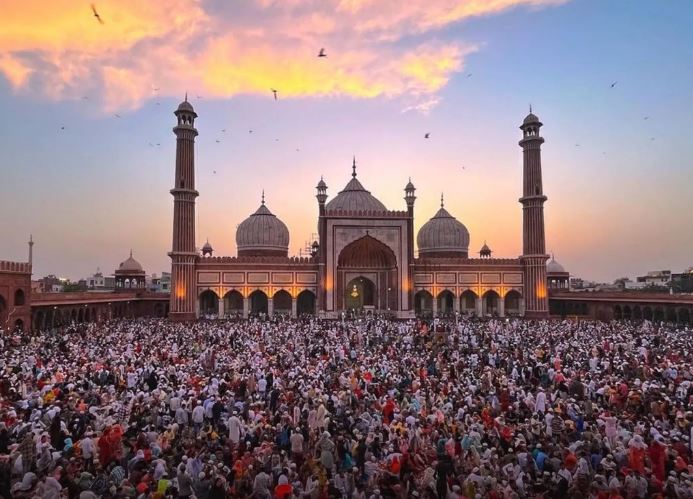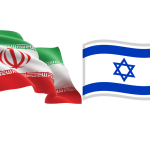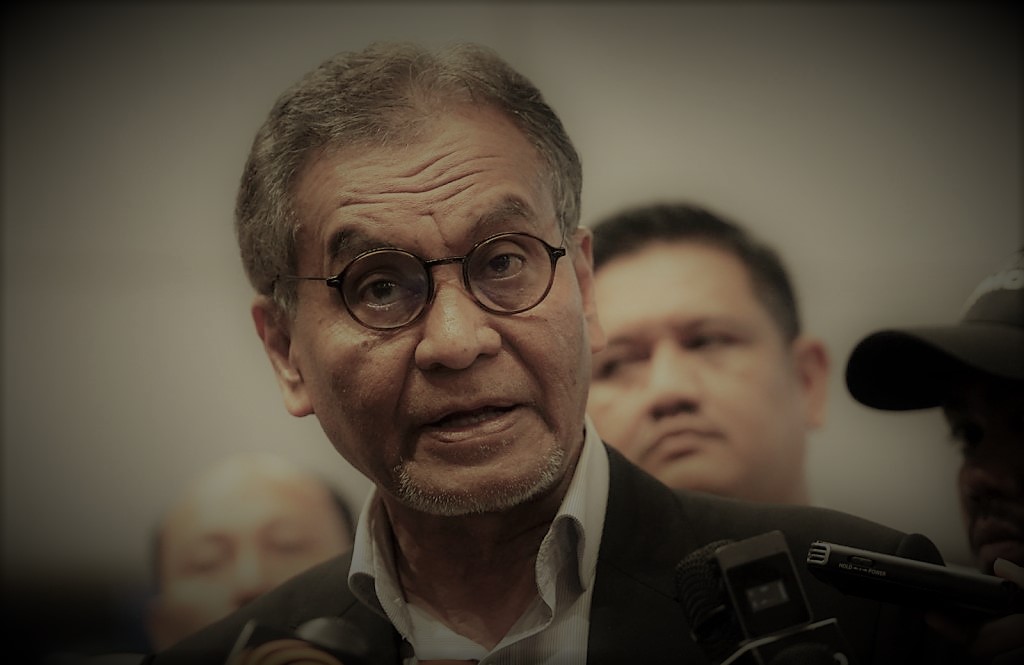Is one of the most important festivals in Islam, marking the end of Ramadan, the holy month of fasting. This joyous occasion is celebrated with great fervor and enthusiasm by Muslims worldwide. In this blog, we will delve into the date, history, significance, and all you need to know about Eid-ul-Fitr and its celebrations.
Date of Eid-ul-Fitr 2024
The date of Eid-ul-Fitr varies each year as it follows the Islamic lunar calendar. In 2024, Eid-ul-Fitr is expected to be observed on the evening of Monday, 09th April, depending on the sighting of the moon.
History of Eid-ul-Fitr
Eid-ul-Fitr has its roots in the teachings of Islam and commemorates the end of Ramadan, during which Muslims fast from sunrise to sunset. The festival’s origin dates back to the time of Prophet Muhammad, who encouraged Muslims to celebrate Eid as a day of gratitude, unity, and charity.
Significance of Eid-ul-Fitr
Spiritual Renewal: Eid-ul-Fitr symbolizes spiritual renewal and closeness to Allah after a month of fasting, prayer, and reflection.
Celebration of Devotion: It celebrates the devotion and discipline of Muslims who observe Ramadan by fasting from dawn to dusk.
Community and Brotherhood: Eid-ul-Fitr brings Muslims together in prayers, feasts, and acts of charity, fostering a sense of community and brotherhood.
Traditions and Celebrations
Eid Prayers: The day begins with special Eid prayers held at mosques or designated prayer grounds, where Muslims gather to seek blessings and offer thanks to Allah.
Eid Greetings: Muslims exchange greetings of “Eid Mubarak” (Blessed Eid) with family, friends, and neighbors, spreading joy and goodwill.
Feast and Festivities: Eid-ul-Fitr is synonymous with feasting and merriment. Families prepare delicious meals and sweets, sharing them with loved ones and the less fortunate.
Charity: Zakat al-Fitr, a charitable donation, is given by Muslims before Eid prayers to ensure everyone can partake in the celebrations and enjoy the festive spirit.
New Clothes: It is customary for Muslims to wear new clothes on Eid-ul-Fitr as a symbol of renewal and joy.
Conclusion
Eid-ul-Fitr is a significant Islamic festival that celebrates spirituality, unity, and gratitude. It is a time for Muslims to come together, express joy and gratitude, strengthen bonds, and engage in acts of charity and compassion. As the crescent moon heralds the arrival of Eid-ul-Fitr, Muslims around the world eagerly anticipate this auspicious day of celebration and renewal. May this Eid bring blessings, happiness, and peace to all!








